Description
VEGETABLE CUCUMBER DELISTAR F1
VEGETABLE CUCUMBER DELISTAR F1. A very productive thin skinned F1 hybrid producing fruits 16cm-18cm long, 3cm-4cm wide and 80g-100g in weight with an aromatic with sweet taste and crunchy texture. This is a glasshouse variety and needs good warmth to get the best results.
Cultivation Advice
- Select well-draining, fertile soil with a pH around 6.0 to 7.0. Incorporate organic matter like compost into the soil before planting for improved fertility.
- Sow Delistar F1 cucumber seeds directly into warm soil after the last frost date. Ensure the soil temperature is at least 70°F (21°C) for successful germination.
- Plant seeds or seedlings in hills or rows, spacing them about 12-24 inches apart and at a depth of 0.5 to 1 inch.
- Maintain consistent soil moisture, especially during flowering and fruiting stages. Water deeply but infrequently to encourage strong root development.
- Mulch around plants to retain moisture, regulate soil temperature, and suppress weed growth. Apply organic fertilizers or compost throughout the growing season.
- Protect young plants from late spring or early fall cold snaps. Delistar F1 cucumbers thrive in warm temperatures.
- Provide trellises or stakes for vertical growth to save space. Prune excess foliage for better airflow and easier harvesting.
- Monitor for common pests such as aphids or cucumber beetles. Utilize organic pest control methods if necessary. Delistar F1 is known for disease resistance but remain vigilant.
- Harvest cucumbers when they reach the desired size, typically around 6-8 inches long. Regular harvesting promotes continuous production.
- Consume harvested cucumbers promptly for the best taste and texture. Store them in a cool place or refrigerate to maintain freshness.
- Maintain a regular watering schedule, avoiding excessive moisture while ensuring adequate hydration, especially during hot spells.
- Ensure cucumbers receive full sun exposure, ideally 6-8 hours daily, for optimal growth and fruit development.
- Apply compost tea or organic fertilizers periodically to supplement soil nutrients and promote vigorous plant growth.
- Monitor for pests regularly and implement organic pest control methods like neem oil spray or companion planting for pest management.
- Plant insect-repelling herbs or flowers like marigolds or nasturtiums nearby to deter pests and attract beneficial insects.
- Install trellises, cages, or use vertical gardening techniques to support vines, save space, and prevent fruits from contacting the ground.
- Use row covers or cloches to protect young plants from temperature fluctuations or adverse weather conditions.
- Harvest cucumbers frequently to prevent overripening, stimulating further fruit production throughout the season.
- Apply organic mulch like straw or shredded leaves to retain moisture, regulate soil temperature, and minimize weed growth.
- Monitor plant health, adjust watering and care practices accordingly, and promptly address any signs of stress, pests, or diseases.

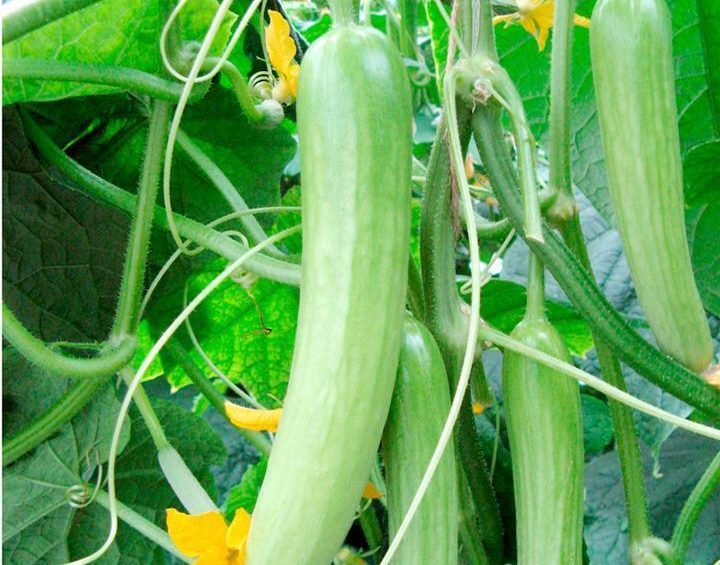
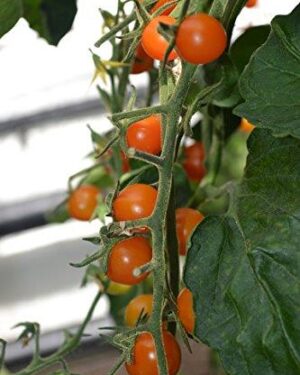
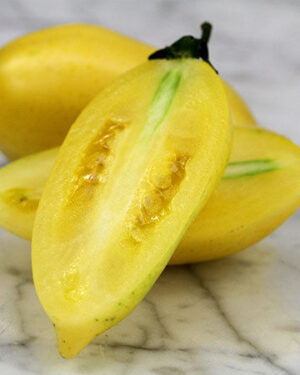
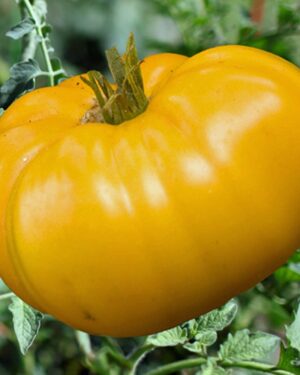

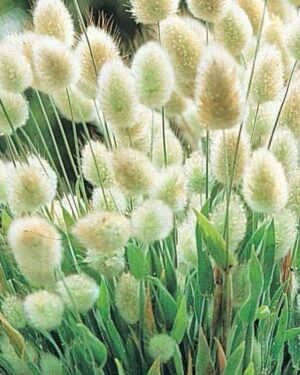
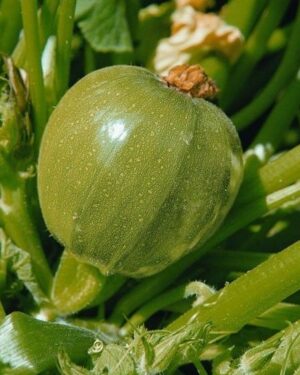
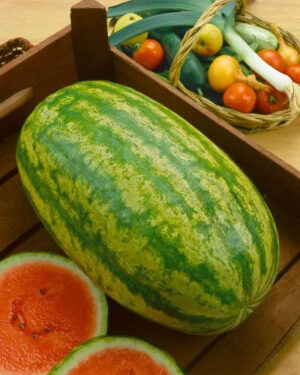
Reviews
There are no reviews yet.